صفحه انگلیسی روزنامه اعتماد در مورد دیدار مقامات ایران با رافائل گروسی، مدیر کل آژانس بینالمللی انرژی اتمی+ عکس
صفحه انگلیسی روزنامه اعتماد در مورد دیدار مقامات ایران با رافائل گروسی، مدیر کل آژانس بینالمللی انرژی اتمی، با تیتر «بازی در وقت اضافه» منتشر شد.
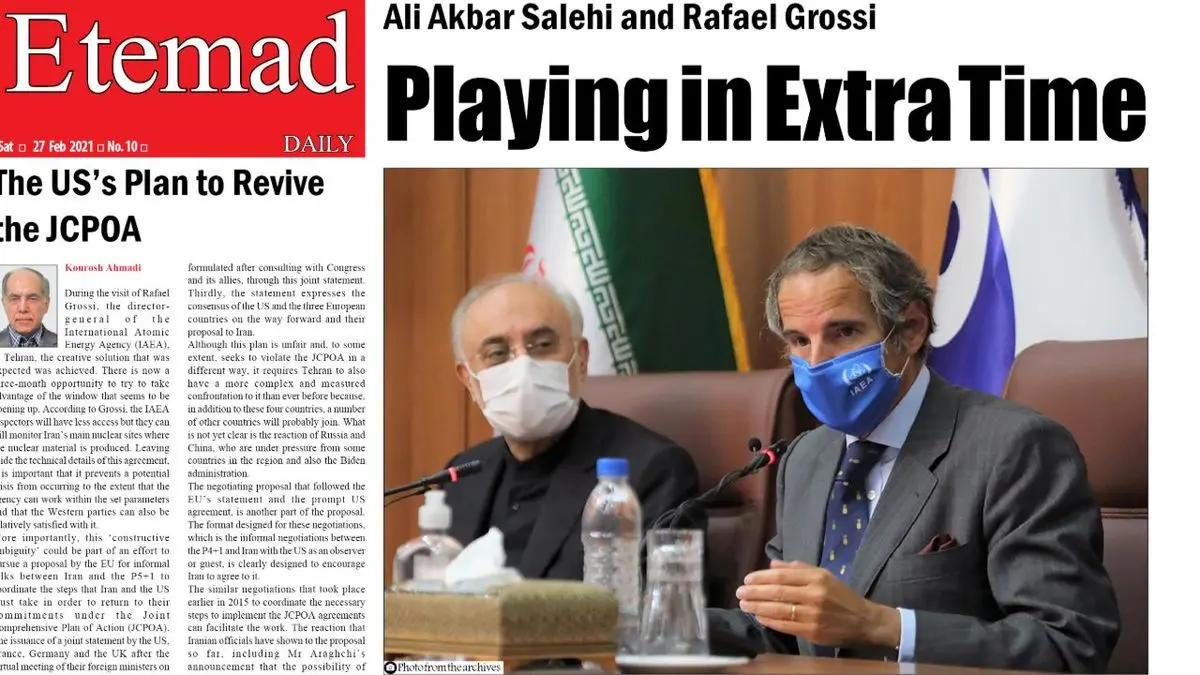
اعتمادآنلاین|
Ali Akbar Salehi and Rafael Grossi
Playing in Extra Time
The US's Plan to Revive the JCPOA
Kourosh Ahmadi
During the visit of Rafael Grossi, the director-general of the International Atomic Energy Agency (IAEA), to Tehran, the creative solution that was expected was achieved. There is now a three-month opportunity to try to take advantage of the window that seems to be opening up. According to Grossi, the IAEA inspectors will have less access but they can still monitor Iran's main nuclear sites where the nuclear material is produced. Leaving aside the technical details of this agreement, it is important that it prevents a potential crisis from occurring to the extent that the agency can work within the set parameters and that the Western parties can also be relatively satisfied with it.
More importantly, this 'constructive ambiguity' could be part of an effort to pursue a proposal by the EU for informal talks between Iran and the P5+1 to coordinate the steps that Iran and the US must take in order to return to their commitments under the Joint Comprehensive Plan of Action (JCPOA). The issuance of a joint statement by the US, France, Germany and the UK after the virtual meeting of their foreign ministers on Thursday can be considered the most important event that has happened since the withdrawal of the US from this agreement in May 2017. This statement indicates that there have been some important developments.
Firstly, the US re-recognizes the JCPOA as a 'key achievement of multilateral diplomacy' and, secondly, the US has expressed the plan that was supposed to be formulated after consulting with Congress and its allies, through this joint statement. Thirdly, the statement expresses the consensus of the US and the three European countries on the way forward and their proposal to Iran.
Although this plan is unfair and, to some extent, seeks to violate the JCPOA in a different way, it requires Tehran to also have a more complex and measured confrontation to it than ever before because, in addition to these four countries, a number of other countries will probably join. What is not yet clear is the reaction of Russia and China, who are under pressure from some countries in the region and also the Biden administration.
The negotiating proposal that followed the EU's statement and the prompt US agreement, is another part of the proposal. The format designed for these negotiations, which is the informal negotiations between the P4+1 and Iran with the US as an observer or guest, is clearly designed to encourage Iran to agree to it.
The similar negotiations that took place earlier in 2015 to coordinate the necessary steps to implement the JCPOA agreements can facilitate the work. The reaction that Iranian officials have shown to the proposal so far, including Mr Araghchi's announcement that the possibility of negotiation is being considered, has not at least negated its practicality. The Biden administration's agreement to the talks comes as extremists in the US accuse the government of ignoring an alleged attack on a US base in Iraq. They believe that such an agreement means to withdraw the US claim that the trigger mechanism is operational and equates to formally approving the lifting of arms embargoes on Iran.
What can disrupt the game is the apparent insistence of the other side to go beyond the JCPOA's commitments. The insistence of the mere revival of 'the old JCPOA' is not enough and the 'strengthening of the JCPOA' means the extension of the restrictions contained in it are beyond the scope of the informal negotiation channel proposed by the EU. More importantly, it is highly unlikely that Tehran will now be willing to negotiate in 'strengthening the JCPOA'. What Tehran does not accept is to negotiate on Iran's missile program and regional activities. Tehran's agreement to such negotiations means agreeing to a new agreement of a fundamentally different nature, of which there is also no indication.
Of course, it can still be hoped that if technical negotiations begin, either an intermediate solution to the issues will be reached to coordinate the steps, an agreement will be reached, or the parties will agree to postpone such negotiations to a future time. What may have made the job more difficult compared to 2015 is the change in circumstances. The situation in the region and the situation of some regional actors have changed compared to five years ago, particularly the political situation in the US and Iran and the situation in Iran's nuclear program. If we assume that these developments have had an impact on the quality of the US and European proposals, it is also appropriate for Iran to take these innovative developments in line with its interests.
Beijing and Moscow: For or Against the JCPOA
Seyyed Hossein Malaek
Being pessimistic about the current course of events, I personally do not consider that what happened on Monday night in Tehran between the director-general of the International Atomic Energy Agency (IAEA) and the Atomic Energy Organization of Iran was a natural event. Such pessimism is based on various reasons. Firstly, is the issue of the deadline that the Western parties have taken in response to Iran's nuclear move. I believe that the Western parties need this deadline to assess what the political situation in Iran will look like on the eve of the Iranian presidential election and who is more likely to take over control in Iran. The second is that Iran's flexibility in the face of the 23th February deadline is not, in my view, a good sign.
In fact, under an agreement reached Monday night between Iran and the IAEA, intrusive inspections have remained in place and Iran has promised that what is recorded will remain intact for up to three months, although it remains in Iran's hand. Certainly, this issue is not provided for in the law and there was no prohibition on it, but the point is that the Agency's oversight, whether in the name of the Additional Protocol or in the name of the Interim Technical Understanding, is ultimately a privilege that has been received by the other party despite the implementation of the parliamentary law.
On the other hand, the issue of the two non-Western members of the JCPOA is one for which I have little hope. China and Russia are both looking for an opportunity to engage positively with the US so that their relationship with Washington can be taken out of the Trump era.
Meanwhile, they want that engagement to be at the expense of a third party, not their own. Although Beijing and Moscow have stated in their declaratory positions that they want to protect Iran's interests, their own national interest is to have a so-called 'constructive engagement' with the US and the Middle East, at the lowest cost which seems to be the most important right now but Iran is the most important problem they have.
It is expected that they will want to force Iran to enter into a new round of negotiations and, in fact, set a new table for long-term negotiations not in the form of the P5+1, but in a new format with the world powers. News and reports from within the US show that the Biden administration has not yet been able to reach a consensus within the US on the issue of Iran. We have to accept that the JCPOA's opponents and the critics of Biden in the US government are not very weak and have a lot of power.
If Joe Biden wants to take steps to lift sanctions against Iran and return to the JCPOA's commitments, he will face widespread resistance in the House, the Senate and influential groups in US politics. That is why the actions that the Biden government has taken so far against Iran are so insignificant. Biden has not yet been able to build a political consensus within the US so that if he was determined to return to the JCPOA, he could do so.
In addition, it should be noted that between thirty-five and forty senior US government officials who need Senate approval are still reportedly in the queue for a vote of confidence. Biden is unwilling to create a bipolarity within Congress over the Iran issue because it may cause problems for the approval of his cabinet. The Biden administration needs an opportunity to implement the decision at the lowest cost and with the most political support if it decides to return to the JCPOA.
The Israelis and the Saudis are pushing Biden to make his position known as soon as possible, as they desperately want the Biden administration to continue on the same path as Donald Trump. In response, Biden has so far made concessions to the demands of lobbying groups and those opposed to the JCPOA, which has kept them somewhat satisfied. However, I doubt that the US government is ready to finalize its position regarding the nuclear deal with Iran after this short period of time.
Hold High the Flag of Diplomacy
Sarah Massoumi
Iran and the US are facing days of difficult decision-making. While the nuclear deal remains the only orifice for Tehran to lift economic sanctions, it serves as an effective tool for the US to limit and maintain control over Iran's nuclear activities. Both countries have stated that there is no diplomatic contact between them and, in such circumstances, other remnant parties in the Joint Comprehensive Plan of Action (JCPOA) are responsible for any mediation or messaging between Iran and the US. The remnants resorted to various means to preserve the agreement during Donald Trump's four year administration, so that they could bring the power back to the JCPOA when the new president takes office at the White House.
Since last Wednesday, the Biden administration has finally moved away from purely verbal stances by taking two steps: backing away from activating the trigger mechanism in the UN Security Council and lifting the restrictions on the travel of Iranian diplomats in New York. Various officials of the Biden cabinet regularly update Washington's stance on the nuclear deal and its relationship with Iran but here, in Tehran, there has been considerable political silence for at least the past forty-eight hours, which seems to be rooted in two issues:
- Iran was waiting for the visit of Rafael Grossi, director-general of the International Atomic Energy Agency (IAEA), who arrived in Tehran on Saturday evening to have meetings with the Iranian officials this week.
2. Tehran is determined to implement the resolution of the parliament in suspending the voluntary implementation of the Additional Protocol, but simultaneously, it cannot ignore diplomatic proposals for simple dialogue. Iran has endured four years of Donald Trump's presidency, under a policy of maximum pressure in all areas and, although the economic pressure on the Iranian citizens in the days of the Coronavirus outbreak cannot be denied, Tehran's strategic patience, as well as its roadmap for moving towards reducing its JCPOA's commitments, had two significant achievements for Iran.
Firstly, the image of Iran being a country that has covert military nuclear activities and is unwilling to cooperate with the international community was shattered. Public opinion at the international level witnessed a year of Iran's patience in the face of the US withdrawal from the JCPOA and the inability of the survivors to reach an agreement to compensate them for this withdrawal. During this period, numerous reports of the IAEA showed that although Tehran had been deprived of the JCPOA's economic interests due to violations by the other parties, it had not committed suicide or irreparable harm. It was as a result of this policy that, despite the anti-Iranian atmosphere in the Western media, most analysts over the past four years blamed the US for the crisis in the JCPOA and spoke of the US isolation as a result of its withdrawal.
The second achievement for Iran was maintaining the framework of the agreement for the day that finally came with the end of Trump's presidency. This goal was best achieved by reducing Iran's commitments. After a year of strategic patience, the decision of the Board of Supervisors, whose members are from various political and security institutions, was that Iran should respond reciprocally and use the rights defined in the JCPOA. The engineering of these steps was done in such a way that, before and after each step, the other side had enough time to compensate for the past and stop the process started in Tehran.
Meanwhile, Iran managed the quantity and quality of its nuclear activities at each step of the reduction in commitments in such a way as to deter the opportunity for any security threat or claim about Iran's rapid movement towards arms. Iran's most important decision was to refrain from changing the voluntary implementation of the Additional Protocol, which was in fact a double-edged sword: on the one hand, the sensitivities of Russia and China were taken into account and, on the other, the three European countries and the IAEA could not claim that the monitoring of Iran's nuclear activities had stopped.
It is in the shadow of these two achievements that Iran today is in a difficult decision-making moment that requires a precise and fully calculated game with all the cards at its disposal. Tehran's insistence on lifting all sanctions imposed by Donald Trump before Iran returns to the JCPOA's commitments is a legitimate demand, given the evidence of the liabilities of the other parties. At the same time, the return of the alliance to the front of the three European countries present in the JCPOA and the US, as well as the media power of this current to create an atmosphere, has made the work difficult for Iran.
Over the past three days, as different US, French, British and German officials have commented on the ball landing in Iran's court and for it to be returned to the JCPOA, these countries' media outlets have led the public opinion that there is room for multilateralism and diplomacy in the JCPOA case; it is Iran that has not responded to the US Secretary of State's indirect offer to attend a consultative meeting. The other side has not merely limited itself to these political and media constructions but has also provided the prerequisites for accusing Iran technically.
While, Rafael Grossi is heading to Tehran for the second time in six months to meet with Ali Akbar Salehi, the head of the Atomic Energy Organization, and other Iranian officials to halt the voluntary implementation of the protocol, Reuters has raised a new accusation against Iran. The agency quoted unnamed sources as saying that the IAEA had found uranium particles at two Iranian nuclear sites which it had inspected months before. Although Iran has denied the allegations, it appears that the plot was made on the eve of Grossi's visit to Tehran with the aim of putting pressure on Iran and gaining concessions. By putting this claim alongside Tehran's determination to reduce the level of inspections of nuclear facilities, one can see that the other side is trying to raise suspicion of Iran's nuclear program being on a military path.
Regardless of considering these developments as a political show and an attempt to change the game, or as an inadequate but positive step in reviving the JCPOA, an examination of the reactions of other countries, including Russia and China, to the consultations and stances of the three European countries and the US shows that they have welcomed these stances. Although the JCPOA's path had slipped as a result of the counterparties' commitment, Biden's claim to resort to diplomacy requires calculated political steps by Iran.
Iran can simultaneously carry out its previous threat to halt the voluntary implementation of the Additional Protocol, but, like the other side, can also raise the flag of diplomacy and dialogue. Despite continuing the policy of maximum pressure against Iran for the past thirty days, Joe Biden is considered a different successor to Donald Trump. He has shown maximum recourse to diplomacy in the last three days. In response, Iran can also embrace diplomatic solutions while continuing to pursue a policy of maximum resistance.

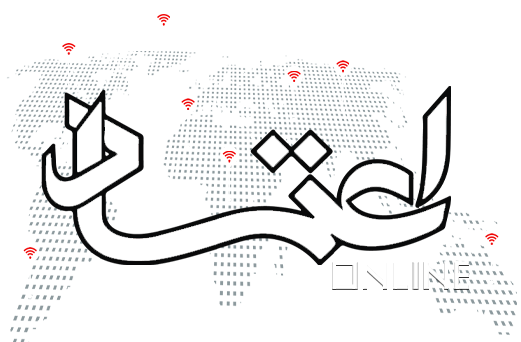
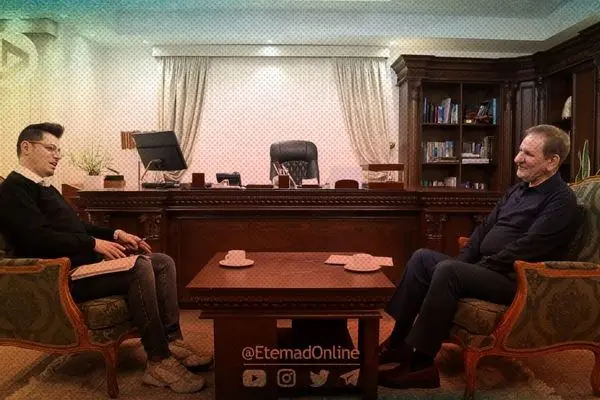
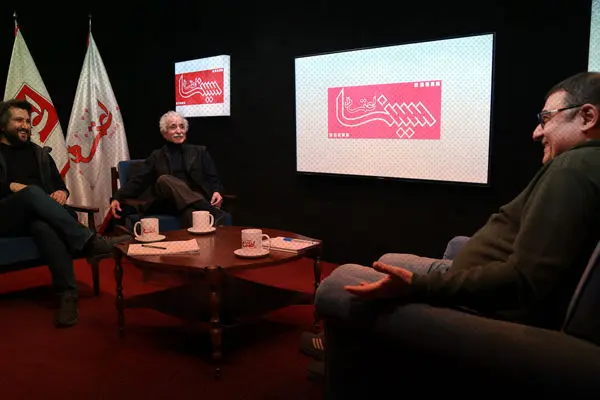

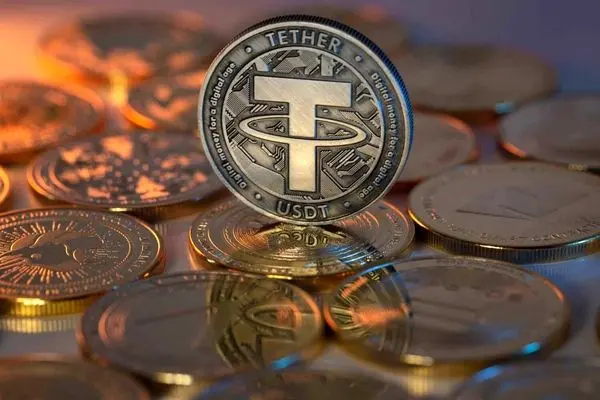

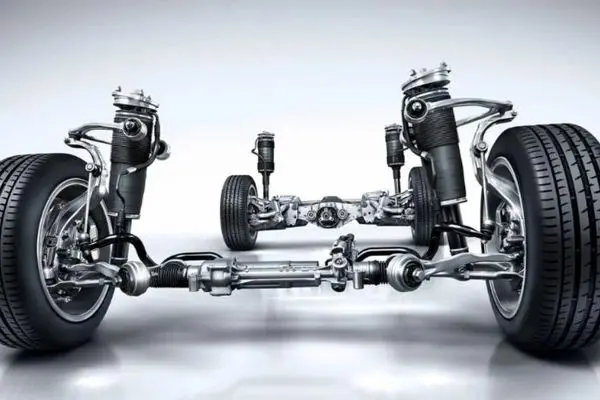

دیدگاه تان را بنویسید